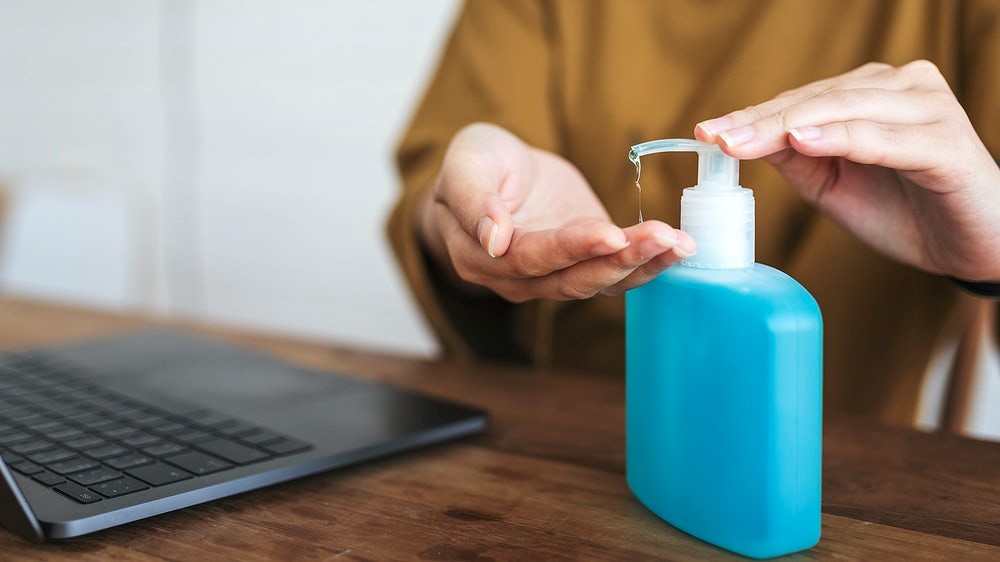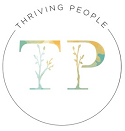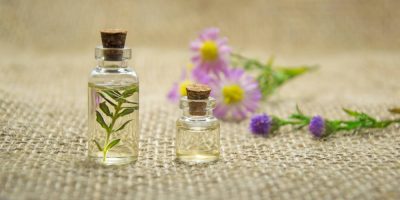
Soap or Sanitiser?
In recent times, more than ever, we are reminded of the importance of hand hygiene. We are encouraged to wash our hands and to sanitise at every turn – in the name of maintaining good health. But what if some of these measures are counterproductive – even deleterious to our health and the environment?
Our hands can, at any time harbour a myriad of bacteria, pathogens and dirt. Sometimes, these particles can cause illness, so keeping clean hands shouldn’t be underestimated.
So, how should we maintain good hand hygiene practices? And, how should we clean our spaces? Conventional wisdom would have us believe that we need to wage war on “germs”, “knock em dead” and “kill, kill, kill!” But not so fast…
TO SOAP OR TO SANITISE?
As humans, we have evolved with “germs” – microbes, bacteria, viruses, fungi etc. We have, up until recently maintained a symbiotic relationship with them. Did you know that our bodies are made up of more microbes than human cells?! This was revealed in the Human Microbiome Project. Around one in ten of the trillions of cells that make up the human body are actually bacteria and viruses. These microbes play a vital role in supporting our immune and digestive systems.
Did you know that our bodies are made up of more microbes than human cells?!
So, killing all the germs may not be the answer. According to Professor Mary-Louise McLaws, an infection control expert from UNSW, hand sanitisers should not be the first port of call. “The whole idea of hand hygiene is to remove, not to kill, the germs we have,” McLaws says. The microbes that reside on our hands mostly help to keep our skin healthy. But hand sanitiser gels, sprays and foaming products often contain some dangerous ingredients such as benzene and triclosan, an endocrine-disrupting chemical that can contribute to bacterial resistance and other alarming health effects such as infertility and cancer.
Research has shown that the humble act of washing with soap and water is more effective than sanitiser at removing harmful microbes and is the gold standard of hand hygiene. Elizabeth Scott, an expert in home and community hygiene and professor at Simmons University, suggests that sanitiser won’t work to remove dirt, stickiness or harmful chemicals from our hands, while soap and water will. “Hand washing with soap employs mechanical action that loosens bacteria and viruses from the skin, rinsing them into the drain,” Scott says.
There you have it. All you need is soap! Natural soap, without any weird, endocrine-disrupting, carcinogenic, chemical fakeness! Check out our range of all-natural, handcrafted soaps.
“What about when soap and water aren’t readily available?” I hear you ask. Well in those cases, if the sticky hand situation can’t wait, I’d opt for a natural alternative. We love Dr Bronners organic lavender spray.
And for cleaning surfaces around the home, even the CDC says that disinfectants are causing more harm than good. We say ditch the Dettol, anti-bac concoctions in favour of a natural alternative.
At home, we use essential oils for cleaning. Lemon, Eucalyptus, Tea-Tree and Lavender are my favourites for a squeaky clean finish. Using essential oils for cleaning means our home smells divine, with the added comfort of knowing that it is a safe and health-promoting alternative for our family.
With love, from the Thriving People family x


